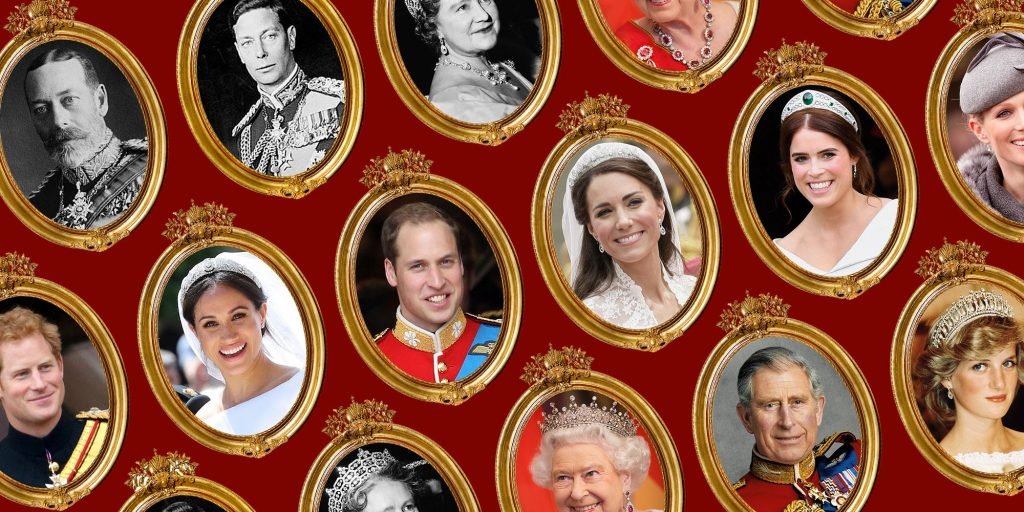Your Majesty

As Britain gears up to celebrate Queen Elizabeth’s 70 years platinum jubilee on the throne, it is indeed mythical how the British Crown survived while others faltered midway. As an institution, it survived the war, disease and everything in between.
As an institution, it traces its existence back centuries, to the period when the island of Great Britain was a collection of disparate kingdoms in England, Scotland and Wales. Why and how it survived while other European monarchies went akilter is a saga worth telling.
The age of revolutions-which lasted from the late 1700s to early 1800 was an anxious time for monarchies. It fell on deaf ears in Europe that the people doesn’t have the appetite for despotism no matter how benevolent it can be, the fall of Louis XVI in the background of the American Revolution tells the tale about the renewed sense of self-control and disenchantment with the institution of monarchy, while French and Russian monarch in the 20thcentury thought otherwise, the British royal family understood and made a Faustian bargain and slowly relinquished power in favour of elected officials. The bill of rights of 1689 limited the monarchical power and came to use a century later when it literally saved the royal family from demise at the hands of its own people.
The British royal family unlike their European counterparts endured a duty on themselves, to be of help in hours of crisis and needed. From the era of Blitzkrieg to Covid-19, the royal family had gone out of their way to extend a helping hand of support to the common public. The Queen’s empathetic message for aiding each other during Covid to the commonwealth imparted the humane touch it has always prided itself in.

The institution of Commonwealth, an uncanny name for the former colonies of the British empire, an initiative dear to the then Princess and now Queen of 70 years Elizabeth had interwoven the identities of almost the entire developing world into one block resilient to the past while marching into the future.
History also aided the preservation of monarchy, the Oliver Cromwell era which ended the monarchy in Britain was short-lived and England’s fling with republicanism ended in a catastrophe symbolizing the monarchy’s continuance as a source of stability rather than a source of power.
The Magna Carta of 1215 limited the monarchy’s power to rule under the law, an idea that was affirmed in 1688 when James II was replaced by his protestant daughter Mary and her Dutch Husband, William of Orange affirming that it is the parliament and thence the people and not the monarchy who is in-charge,a fact accepted by the British monarchy
And above all, the constant stride of the British royal family to adapt as per the changing circumstances. It was the anti-German sentiment that led to the birth of the House of Windsor from German Saxe-Coburg and Gotha. In recent years, Queen Elizabeth II helped modernize the monarchy in line with contemporary gender conceptions. Birth order rather than a combination of birth order and gender now determines a person’s place of succession. It means women can inherit the throne same as men.
The monarchy maintains a safe distance from politics and continues to be a figurehead for both national and international leaders. While it is true that the monarchy had pushed its agenda whenever needed and had reprimanded the prime ministers as well but it had still remained by and large unaffected from the strong winds of politics that originate from the Westminster or 10 downing street. Not to forget, the monarchy pays taxes on many assets and estates it owns giving a semblance of commonality with the British people in sync with the idea of nobody being above the law.
The British monarchy thus had persevered the tides of times. Over the years it had become more of a symbol of heritage rather than an embodiment of power. The crown is seen as a symbol of ‘Greatness’ of Great Britain and essence of glory and grandeur. The house of Windsor had deftly ensured that the feeling stays and ‘God Save The Queen’ follows the introduction, ‘Ladies and Gentleman, Your Majesty’ is here.


















